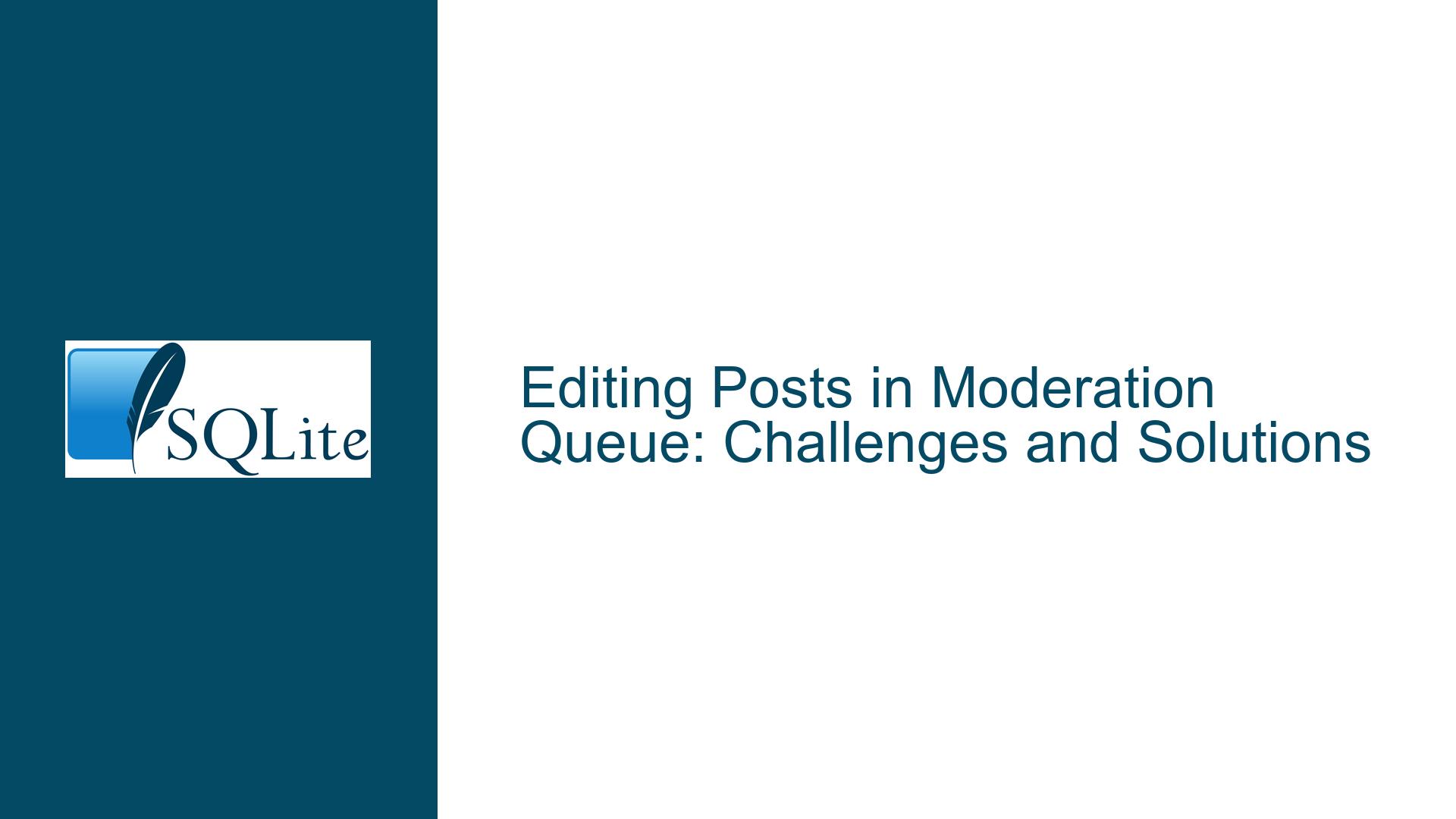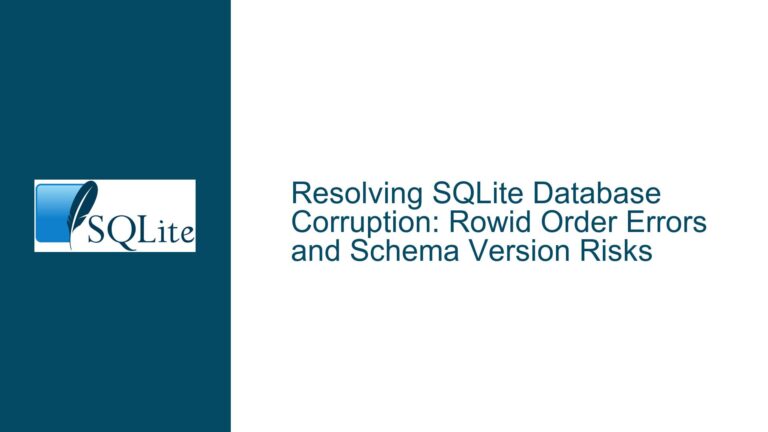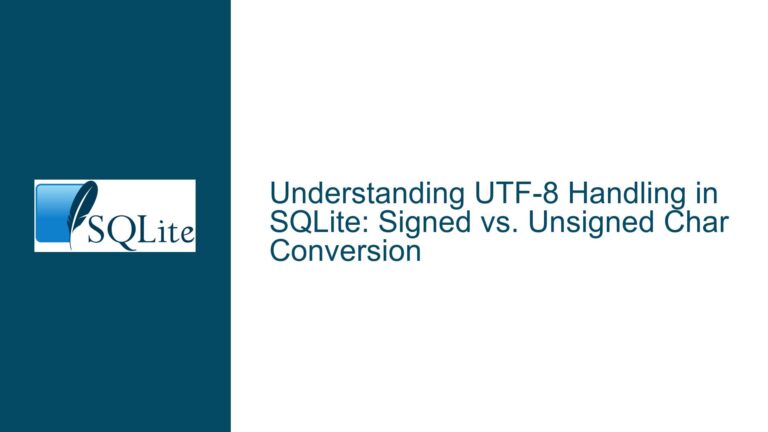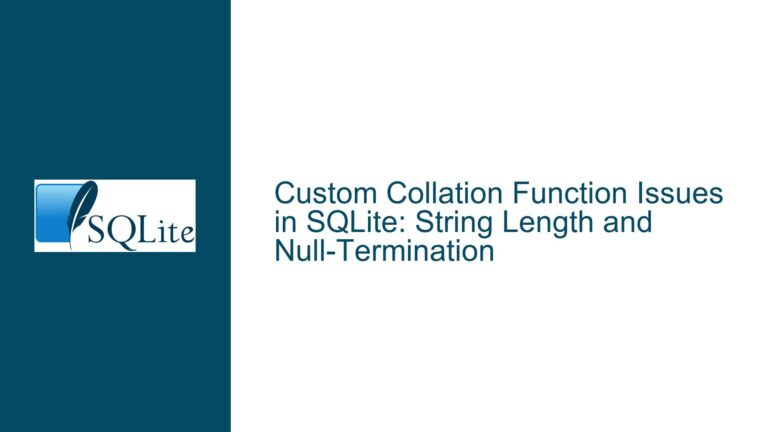Editing Posts in Moderation Queue: Challenges and Solutions
Distributed System Constraints on Post-Editing During Moderation
The core issue revolves around the inability to edit posts that are in the moderation queue, primarily due to the distributed nature of the system. In a centralized database system, editing a post while it is in the moderation queue would be relatively straightforward. The system could simply lock the post during moderation, preventing edits until the moderation process is complete. However, in a distributed system, such as the one described, the challenges are significantly more complex.
In a distributed system, each user has their own copy of the database, and changes are synchronized across all copies. This means that when a post is submitted and enters the moderation queue, it exists in multiple locations simultaneously. If a user attempts to edit the post while it is still in the moderation queue, the system must ensure that these edits are propagated correctly across all copies of the database. This introduces a race condition where the post could be approved or rejected by a moderator while the user is still editing it. If the post is rejected, the user’s edits would be lost, leading to potential frustration and confusion.
Moreover, the distributed nature of the system means that locking mechanisms, which are commonly used in centralized systems to prevent concurrent edits, are not feasible. In a centralized system, a lock could be placed on the post during moderation, preventing any edits until the moderation process is complete. However, in a distributed system, locking is not practical because each user has their own copy of the database, and there is no central authority to enforce the lock. This means that users could potentially bypass the lock by editing their local copy of the database, leading to inconsistencies when changes are synchronized.
The distributed system also introduces challenges related to notifications. In a centralized system, notifications could be sent to moderators when a post is edited, allowing them to review the changes. However, in a distributed system, notifications would need to be propagated across all copies of the database, which could lead to a flood of notifications if multiple users are editing posts simultaneously. This could overwhelm the moderators and make it difficult for them to keep track of changes.
In summary, the distributed nature of the system introduces significant challenges when it comes to editing posts in the moderation queue. The lack of a central authority to enforce locks, the potential for race conditions, and the difficulty of propagating notifications across multiple copies of the database all contribute to the complexity of the issue.
Race Conditions and Notification Overload in Distributed Moderation
One of the primary concerns with allowing edits to posts in the moderation queue is the potential for race conditions. A race condition occurs when two or more processes attempt to modify the same data simultaneously, leading to unpredictable results. In the context of post moderation, a race condition could occur if a user attempts to edit a post while a moderator is simultaneously approving or rejecting it.
If a user begins editing a post that is in the moderation queue, and a moderator approves the post during that time, the system must decide how to handle the edits. One option would be to allow the edits to go through without further moderation, but this could lead to unmoderated content being published, which is undesirable. Another option would be to place the edited post back into the moderation queue, but this would create additional administrative overhead and could lead to delays in the moderation process.
On the other hand, if a moderator rejects the post while the user is editing it, the user’s edits would be lost when they attempt to save their changes. This could lead to frustration, as the user would have to start over from scratch. Additionally, the user might not be aware that their post has been rejected until after they have spent a significant amount of time editing it, leading to wasted effort.
Another concern is the potential for notification overload. In a distributed system, every edit to a post would generate notifications that need to be propagated across all copies of the database. If multiple users are editing posts simultaneously, this could lead to a flood of notifications for moderators, making it difficult for them to keep track of changes. This could slow down the moderation process and lead to delays in approving or rejecting posts.
Furthermore, the distributed nature of the system means that there is no central authority to enforce consistency across all copies of the database. If a user edits a post in their local copy of the database, those changes might not be immediately visible to other users or moderators. This could lead to confusion, as different users might see different versions of the same post.
In summary, the potential for race conditions and notification overload are significant concerns when it comes to allowing edits to posts in the moderation queue. The distributed nature of the system exacerbates these issues, making it difficult to implement a solution that is both efficient and user-friendly.
Implementing Centralized-Like Features in a Distributed System
Given the challenges posed by the distributed nature of the system, one possible solution is to implement centralized-like features that can help mitigate the issues associated with editing posts in the moderation queue. While the system is inherently distributed, certain features can be added to make it behave more like a centralized system, at least in specific contexts.
One approach is to introduce a temporary locking mechanism that prevents edits to a post while it is in the moderation queue. This lock could be implemented using a distributed consensus algorithm, such as the Raft algorithm, which is commonly used in distributed systems to achieve consistency across multiple nodes. When a post is submitted and enters the moderation queue, the system could use the consensus algorithm to lock the post across all copies of the database, preventing any edits until the moderation process is complete.
Once the post has been approved or rejected, the lock could be released, allowing the user to edit the post if necessary. This approach would help prevent race conditions by ensuring that only one process (either the user or the moderator) can modify the post at any given time. It would also reduce the potential for notification overload, as edits would only be allowed after the moderation process is complete.
Another approach is to implement a versioning system that tracks changes to posts over time. When a user submits a post, the system could create a new version of the post and place it in the moderation queue. If the user attempts to edit the post while it is in the moderation queue, the system could create a new version of the post with the edits applied. This new version would also be placed in the moderation queue, allowing moderators to review the changes before they are published.
If the original post is approved, the edited version could be automatically merged with the approved post, or it could be placed in a separate queue for further review. If the original post is rejected, the edited version could be discarded, or it could be saved as a draft for the user to continue working on. This approach would help prevent the loss of edits if a post is rejected, as the user’s changes would be preserved in a separate version.
Additionally, the system could implement a notification system that is more selective in terms of when and how notifications are sent. For example, notifications could be sent only when a post is approved or rejected, rather than for every edit. This would help reduce the potential for notification overload, making it easier for moderators to keep track of changes.
In summary, while the distributed nature of the system presents significant challenges, it is possible to implement centralized-like features that can help mitigate these issues. By introducing temporary locking mechanisms, versioning systems, and more selective notification systems, the system can provide a more user-friendly experience while still maintaining the benefits of a distributed architecture.
Conclusion
Editing posts in the moderation queue is a complex issue, particularly in a distributed system where there is no central authority to enforce consistency. The potential for race conditions, notification overload, and the loss of edits are significant concerns that must be addressed in order to provide a user-friendly experience.
By implementing centralized-like features, such as temporary locking mechanisms, versioning systems, and selective notification systems, it is possible to mitigate these issues and provide a more efficient and user-friendly moderation process. While these solutions may not be perfect, they represent a step forward in addressing the challenges posed by the distributed nature of the system.
Ultimately, the goal is to strike a balance between allowing users to edit their posts and ensuring that the moderation process remains efficient and effective. By carefully considering the trade-offs and implementing the right features, it is possible to achieve this balance and provide a better experience for both users and moderators.






